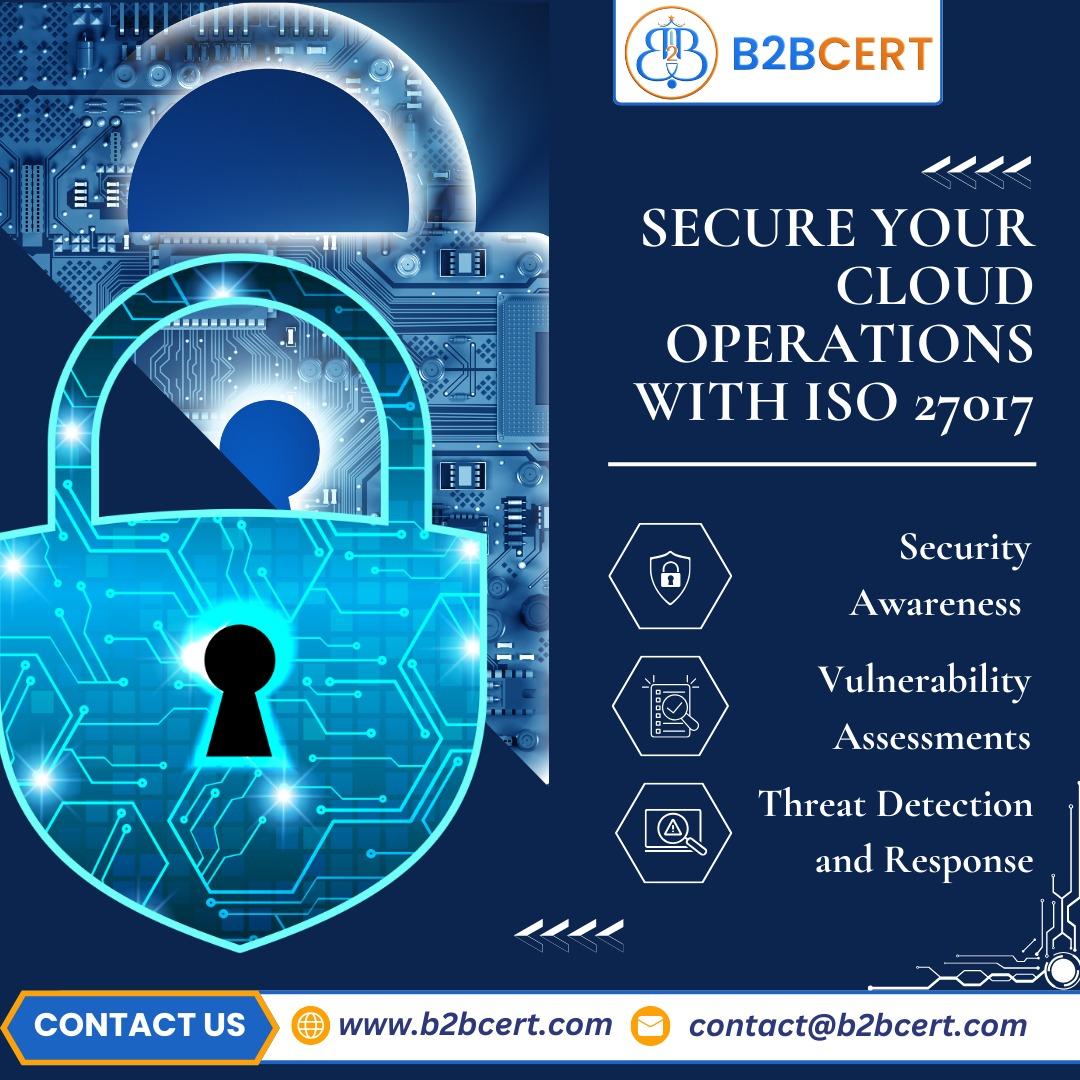In today’s data-driven digital ecosystem, maintaining security logs is a crucial aspect of any organization’s cybersecurity and compliance strategy. Security logs provide a detailed record of user activities, system events, and security incidents that can help detect breaches, support forensic investigations, and demonstrate compliance with regulatory standards. But one critical question arises — how long should security logs be retained for audit and compliance purposes?
The answer depends on several factors including regulatory requirements, organizational policies, and industry best practices. Let’s explore this topic in detail and understand how ISO 27017 Certification in Singapore helps organizations establish effective cloud security log management practices.
Importance of Security Log Retention
Security logs are the backbone of any information security framework. They record vital data such as login attempts, data transfers, network connections, and configuration changes. Retaining these logs for a sufficient period ensures that organizations can:
-
Support Incident Investigations – Logs enable security teams to trace the source of a breach or suspicious activity.
-
Meet Regulatory Requirements – Many laws and standards mandate specific log retention periods.
-
Provide Evidence During Audits – During compliance audits, auditors may request access to historical logs to verify adherence to security controls.
-
Monitor Security Posture Over Time – Trend analysis of logs helps in identifying patterns and strengthening preventive measures.
Organizations that engage professional ISO 27017 Consultants in Singapore can benefit from expert guidance on aligning their log retention policies with international best practices for cloud service security.
Typical Log Retention Periods
While the retention period for security logs varies depending on regulatory frameworks, a general guideline can be established:
-
Minimum Period: 90 days to 6 months (suitable for smaller organizations with limited regulatory obligations).
-
Standard Period: 1 to 2 years (recommended by most compliance standards).
-
Extended Period: Up to 7 years or more (for industries like banking, healthcare, and government that have strict compliance rules).
For example:
-
ISO 27001 and ISO 27017 recommend maintaining logs for as long as they are necessary for the intended purpose.
-
PCI DSS (Payment Card Industry Data Security Standard) requires retention of logs for at least one year, with three months of logs immediately available.
-
HIPAA (Health Insurance Portability and Accountability Act) mandates organizations to retain audit logs for a minimum of six years.
By implementing ISO 27017 Services in Singapore, organizations can establish clear, consistent, and compliant policies for managing cloud-related logs across their infrastructure.
Factors Influencing Log Retention Duration
Several key factors determine how long security logs should be kept:
-
Regulatory and Legal Obligations
Organizations must comply with local laws such as Singapore’s Personal Data Protection Act (PDPA) and international standards that specify log retention durations. -
Nature of Data and Industry
Sectors like finance, healthcare, and defense often require longer retention periods due to the sensitivity and value of their data. -
Storage Capacity and Cost
Storing large volumes of logs for extended periods can be expensive. Implementing cloud-based storage solutions with proper data compression can optimize costs. -
Risk Assessment Outcomes
Based on risk analysis, organizations may decide to retain certain logs longer, especially those related to critical systems or sensitive data. -
Audit Frequency
If audits are conducted annually or biannually, logs should be retained at least until the next audit cycle is completed.
Best Practices for Security Log Retention
Implementing a robust log retention policy involves more than just setting a time frame. Here are some best practices guided by ISO 27017 Certification in Singapore:
-
Define Clear Retention Policies
Document specific durations for each type of log (system logs, access logs, application logs, etc.) based on regulatory and operational needs. -
Automate Log Management
Use automated tools to collect, store, and archive logs securely. Automation reduces the risk of human error and ensures consistency. -
Protect Logs from Unauthorized Access
Logs must be encrypted, access-controlled, and monitored to prevent tampering or deletion. -
Implement Centralized Log Management
Centralized logging solutions enable efficient retrieval and analysis of logs from multiple sources. -
Regularly Review Retention Policies
As regulatory landscapes evolve, periodically review and update log retention periods to maintain compliance. -
Secure Disposal of Expired Logs
Once the retention period expires, ensure that logs are destroyed securely to prevent data leakage.
How ISO 27017 Helps in Log Management
ISO 27017 is an international standard providing guidelines for information security controls specific to cloud services. It complements ISO 27001 by addressing additional risks related to cloud environments, including logging and monitoring.
Organizations pursuing ISO 27017 Certification in Singapore gain the following advantages:
-
Structured Log Retention Policy: ISO 27017 outlines best practices for establishing consistent retention timelines.
-
Enhanced Accountability: It requires both cloud service providers (CSPs) and customers to define their roles in log management.
-
Compliance Assurance: Certification demonstrates compliance with industry standards, strengthening trust among stakeholders.
-
Improved Incident Response: Well-maintained logs help organizations detect, investigate, and respond to incidents promptly.
Professional ISO 27017 Consultants in Singapore guide businesses through every stage — from risk assessment and control implementation to documentation and audit preparation — ensuring a successful certification process.
Conclusion
Security log retention is not merely a technical requirement; it’s a cornerstone of cybersecurity governance and regulatory compliance. The duration for retaining logs depends on legal obligations, risk assessments, and operational needs. By adhering to the principles outlined in ISO 27017, organizations can maintain a secure, compliant, and efficient log management framework — especially crucial for businesses operating in the cloud environment.
Partnering with ISO 27017 Consultants in Singapore and leveraging professional ISO 27017 Services in Singapore ensures that your organization not only meets compliance expectations but also strengthens its defense against cyber threats.
A well-implemented log retention strategy is your organization’s safeguard — ensuring accountability, transparency, and resilience in an increasingly complex digital landscape.




